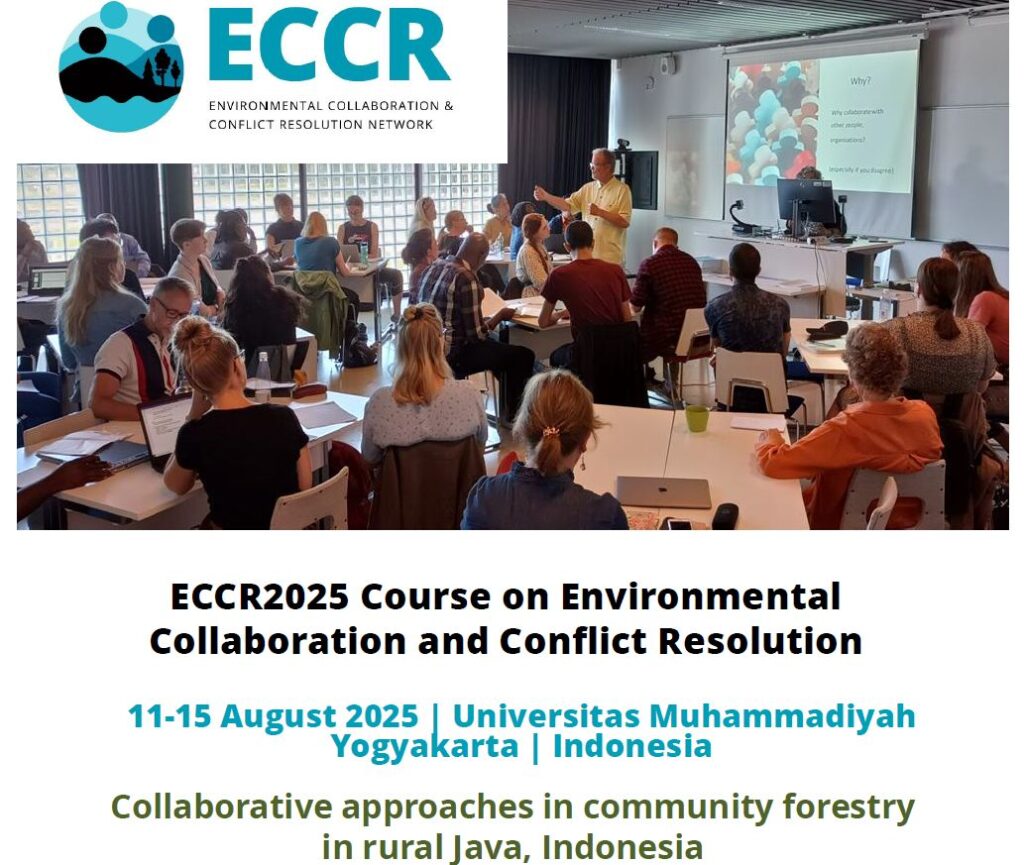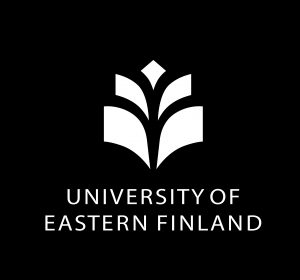The conceptual understanding of responsive collaborative governance of natural resources is an example of our current research challenge. Globally, there are efforts to support the transition towards the circular and bio-based economy and to reform natural resources governance in an attempt to respond to local circumstances while mitigating global climate change. We approach these interventions, agreements and processes not only as mechanisms for policy implementation, climate change mitigation and greater environmental legality but also as mechanisms for environmental governance that can lead to major changes in natural resources governance and responsiveness among actors.
Our research group directs its focus on relevant issues, including distribution of benefits, costs, risks and opportunities for land use, forest management and natural resources utilisation as well as on roles and resources among policy actors, the private sector, user groups and the local communities and citizens, such as youth involved. The main interests of this research include changes in actors’ participation in the various processes and instruments as well as the transparency of the processes in which important decisions about forest and land resources are made. We are also interested in context-specific impacts on responsiveness between different actors, and access and rights to resources is an important concept of inquiry.
The Responsive Natural Resources Governance Research Group focuses on a number of case study countries, including Finland, Russia, Laos, Indonesia, Nepal, India, Mexico, Mozambique and Tanzania.
Policy Briefs:
Globally responsible, locally responsive 2025 (English PDF)
Globally responsible, locally responsive 2024 (English PDF)
Collaborative Forest Fire Management: Southern Highlands of Tanzania 2023 (English PDF)
Globaalisti vastuullista, paikallisesti vuorovaikutteista 2023 (Finnish PDF)
Globally responsible, locally responsive 2023 (English PDF)
Wajibu wa Kimataifa, Uwajibikaji Ndani ya Nchi 2022 (Swahili PDF)
Bertanggung jawab pada level global dan responsif
pada level lokal 2022 (Bahasa PDF)
Globally responsible, locally responsive 2022 (English PDF)
Globally responsible, locally responsive 2021 (English_PDF)
Bertanggung Jawab Pada Level Global dan Responsif Pada Level Lokal 2021 (Bahasa PDF)
Wajibu wa Kimataifa, Uwajibikaji Ndani ya Nchi 2021 (Swahili PDF)
Globally responsible, locally responsive 2020 (English PDF)
Globally responsible, locally responsive 2019 (English PDF)
Wajibu wa Kimataifa, uwajibikaji ndani ya nchi 2019 (Swahili PDF)
Reports:
Environmental collaboration and conflict resolution, August 2022, Finland, course report
Workshop on environmental collaboration, 19–20 April 2021, Mafinga, Iringa Region, Tanzania
Warsha Kuhusu Usimamizi wa Moto Katika Misitu ya Kupandwa 2021 (Swahili PDF)
Environmental Collaboration and Conflict Resolution Course Report 2020 (online)
Environmental collaboration and conflict resolution course report 2018
Environmental collaboration and conflict resolution course report 2016
The ECCR course series:
ECCR course 2025 will be held at Muhammadiyah University of Yogyakarta, Indonesia

Books
Responsibilization in Natural Resource Governance
Contact information for the group
Irmeli Mustalahti: irmeli.mustalahti(at)uef.fi
Timo Haapasalo: timo.haapasalo(at)uef.fi

